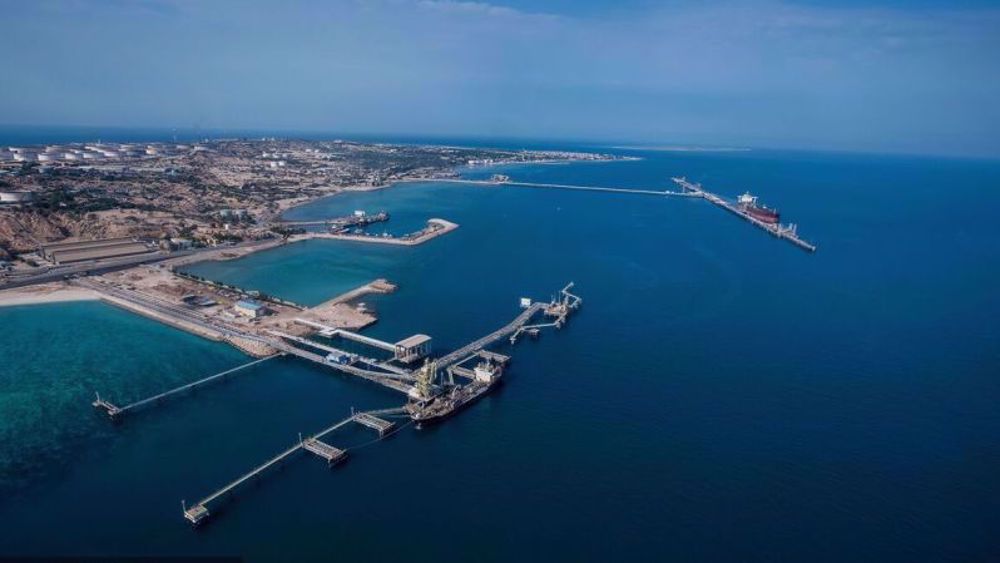Iran cancels conference on oil contracts over visa
Iran has cancelled an oil conference that was scheduled for next month in London to unveil new terms for oil contracts, citing visa restrictions.
“The London conference has been cancelled because the British embassy in Tehran could not issue visas for representatives of Iranian companies as its visa section has yet to become active,” Ali Kardor, a deputy head of National Iranian Oil Company (NIOC), was quoted as saying by Seda weekly.
He said that foreign companies could bid for projects in May under Iran Petroleum Contract (IPC).
"There will be tender bids in May for new contracts," Kardor said, adding that "there will be no need to hold a conference abroad."
He added that potential investors would be informed of the bids "through the routine legal procedure". He insisted that the fields Iran shares with neighbors would be prioritized.
Britain closed its embassy in 2011, but it was reopened late last year. However, Iranians willing to travel to the United Kingdom need to go to a third country to get visa.
The London conference was planned to be held Feb. 22-24 as international sanctions have been lifted following the entry into force of Iran’s landmark nuclear agreement with world powers this month.
IPC is replacing buyback deals. Under a buyback deal, the host government agrees to pay the contractor an agreed price for all volumes of hydrocarbons the contractor produces.
But under the IPC, NIOC will set up joint ventures for crude oil and gas production with international companies which will be paid with a share of the output.
More than 100 energy companies, including Britain’s BP, France’s Total, Italy’s Eni and Spain’s Repsol attended a conference in Tehran last November to hear about the IPC.
Under the IPC, different stages of exploration, development and production will be offered to contractors as an integrated package, with the emphasis laid on enhanced and improved recovery.
Architects of the new contract say foreign companies can no longer dash out of their contractual obligations if sanctions are ever re-imposed on Iran. But critics cite numerous shortcomings which seriously plague the new formula.
Scores killed as Takfiri terrorists target Shia Muslims in Pakistan
Pezeshkian to US, Europeans: You are killing women, children
VIDEO | COP29: another climate failure?
ICC issues arrest warrants for Netanyahu, Gallant for war crimes
Israeli strikes kill 88 Palestinians in northern Gaza
American voters plainly rejected complicity in Gaza genocide: Iran FM spox
ICC should issue more arrest warrants for Israeli authorities over Gaza genocide: UN expert
Israel using AI weapons co-produced by India in Gaza genocide: Report













 This makes it easy to access the Press TV website
This makes it easy to access the Press TV website